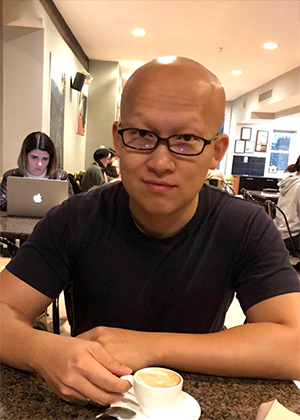USTC Astronomy Colloquium Series: 2024 Spring
Bridging the Bright & Dark Side of Galaxy Evolution using Weak Gravitational Lensing
黄崧 副教授
清华大学
2024/03/12, 4:00pm , the 19th-floor Observatory Hall

报告人:
黄崧,清华大学助理教授,南京大学天体物理学博士。先后在日本东京大学、美国加州大学圣克鲁兹分校、普林斯顿大学开展博士后研究。长期从星系形成演化的观测研究,是日本昴星团望远镜主焦点相机巡天与Merian巡天等国际合作项目的主要成员,发表SCI研究论文60余篇,主持自然科学基金等项目多项,并正在协助推动6.5米宽视场光谱巡天望远镜MUST项目的科学合作。摘要:
In the age of modern cosmology, weak gravitational lensing has ascended as an indispensable tool, driving future imaging surveys such as LSST, Euclid, and CSST. Technological improvements have greatly enhanced data quality, making weak lensing, or more specifically, galaxy-galaxy lensing, a critical tool for studying galaxy evolution. Particularly, galaxy-galaxy lensing helps shed light on the physical relationship between the assembly of a galaxy and its dark matter halo, which is of paramount importance to deepen our understanding of galaxy evolution. Using the HSC and Merian surveys as examples, I will illustrate how galaxy-galaxy lensing offers a unique perspective into the galaxy-halo connection for both the most & least massive galaxies in the universe. Additionally, I'll touch upon the link between weak lensing and cosmological spectroscopic surveys, discussing their potential future applications. 邮编:230026 ,
邮编:230026 ,  联系电话: 0551-63601861
联系电话: 0551-63601861 Email:
Email: